I am currently developing a tile-based game in C and I'm trying to implement zooming using the nearest neighbor algorithm.
This is how the algorithm it looks right now:
u32 *DestPixel = (u32 *)DestBitmap.Pixels;
u32 *SourcePixel = (u32 *)SourceBitmap->Pixels;
f64 RatioX = (f64)SourceBitmap->Width / (f64)DestBitmap.Width;
f64 RatioY = (f64)SourceBitmap->Height / (f64)DestBitmap.Height;
for(s32 Y = 0;
Y < DestBitmap.Height;
++Y)
{
for(s32 X = 0;
X < DestBitmap.Width;
++X)
{
s32 ScaledX = (s32)(X * RatioX);
s32 ScaledY = (s32)(Y * RatioY);
s32 DestOffset = Y*DestBitmap.Width + X;
s32 SourceOffset = ScaledY*SourceBitmap->Width + ScaledX;
*(DestPixel + DestOffset) = *(SourcePixel + SourceOffset);
}
}
However, it is not producing the results I want. When trying to convert the source bitmap (64x64) to a bitmap whose size is not a power of 2 (in this case 30x30), the scaled bitmap looks weird on the right side. Left side is the original bitmap while the right side is the scaled bitmap:
What I've tried:
- Rounding ScaledX and ScaledY (instead of truncating)
- Flooring ScaledX and ScaledY (instead of truncating)
